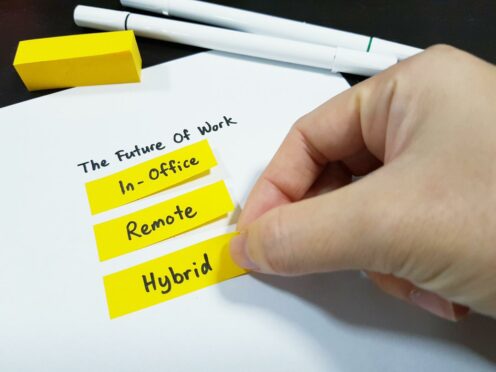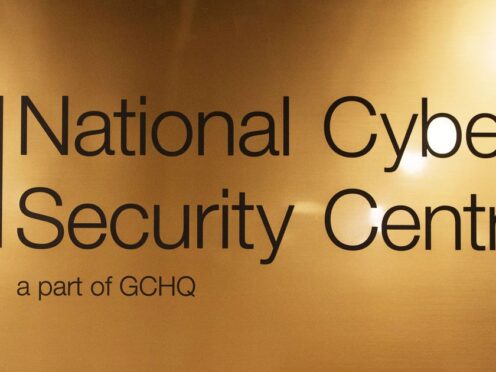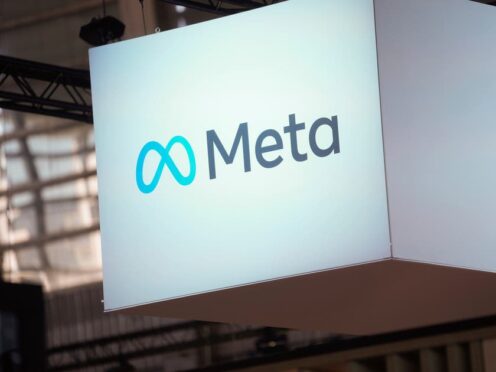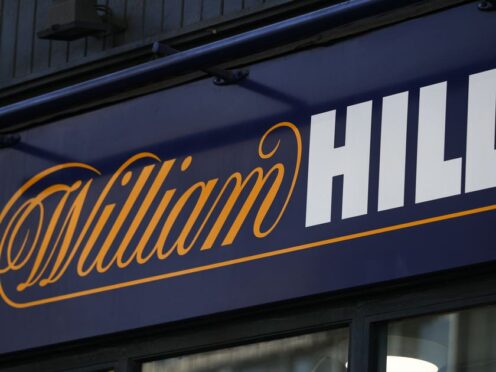The demand for flexible finance jobs in the UK isn’t going anywhere. So how are employers responding? Here are three changing trends in finance recruitment and some top tips on getting hybrid working right.
After enforced home working during lockdown, many workplaces remain in flux as they determine how to stay flexible in the long term.
Andrew McLeod is Head of Recruitment for specialist finance recruitment and advisory firm Hutcheon Mearns. We spoke with him about changing working patterns in finance.
What do flexible finance jobs in the UK look like?
First off, there is no set model for hybrid working. Some companies want employees in the office on set days for set hours, while others are more flexible about how a blend of home and office looks.
Regardless, there’s definitely a growing demand for hybrid and flexible jobs.
This is particularly true from candidates. Many have adapted to home working and committed to external factors (like reduced childcare) that make a full return to the office tricky.
Now some candidates (particularly more experienced individuals and new graduates, notes Andrew) will go so far as to turn down opportunities if the flexibility isn’t there.
As a result, finance recruitment has changed massively over the last year or so.
Here are three changing trends in finance recruitment.
1. Visibility doesn’t equal productivity
“Pre-pandemic there was a real old school mentality that to be productive you must be seen, which we all now know is not the case,” says Andrew.
“Everyone being forced to work from home has proven it can be done effectively, and even hardened sceptics have come around to the fact that it does work.”
2. Long term tenures aren’t the norm
Making earlier career moves that are measured and considered between companies isn’t frowned upon now, with long term tenures of 10 or 15 being replaced by shorter cycles.
“More people are thinking where do I want to get to ten years down the line? It’s more like a chess game. What moves do I need to make at what point, and what skills do I need to add at which stage,” explains Andrew.
3. Candidate priorities are changing
Candidates are often more confident in stating what they want from a job and employer, including their desire for flexible finance jobs in the UK.
“People’s desires are changing. Whereas the conversation used to always be around what’s my salary, what’s my bonus, what’s my holidays, it’s now what’s the flexible working arrangement, what’s my salary, what’s my holidays. So the priority of cash in hand versus flexibility has shifted,” remarks Andrew.
Advantages and disadvantages of remote working

While the demand for might be growing, it’s not universal. Some people miss the camaraderie of the office and some businesses require staff to have a visible presence in the workplace.
On the plus side, fully remote finance jobs are creating opportunities, with skills becoming more important than location.
Andrew explains: “First, there are the roles that have been created to be remote. They’re very niche and specific. Your interaction won’t necessarily be with people in one fixed office location, it’s going to be with international colleagues, so it doesn’t really matter where you are.
“The other side is roles that are traditionally hard to recruit for, so positions like tax or treasury, that have a small pool of candidates. Making that role remote allows you to go beyond your geographical borders to find someone.”
3 top tips for doing hybrid working right
So how can you get the balance right? Open conversations between employers and employees is key to handling hybrid working well. Here are a few tips to help.
1 Honesty is key
Honesty from employers and employees should help you compromise and come to a solution that works for everyone.
2 Know your worth
Candidates should know the value of their skills and experience, and know if they are prepared to turn down an opportunity or not depending on flexibility.
3 Be open to options
Part-time, fixed hybrid days, temporary finance jobs, set hours at certain points of the year – there may be lots of different ways to make a hybrid or flexible approach work.
Andrew warns employers: “Don’t lose out on good people by being so rigid on what you’ve always done.”
Get expert finance recruitment help
Hutcheon Mearns can offer expert recruitment help, whether you are a business looking to hire new finance staff or a candidate looking for flexible finance jobs in the UK.
All senior management come from a finance background, bringing their knowledge and experience to the recruitment service.
They create a pool of qualified candidates and get to know exactly what a client needs when advertising a job, so that they can match the right candidates with the right roles, to everyone’s benefit.
Find out more about the recruitment services on offer at Hutcheon Mearns, in Scotland, to see how you could benefit from hybrid working.










